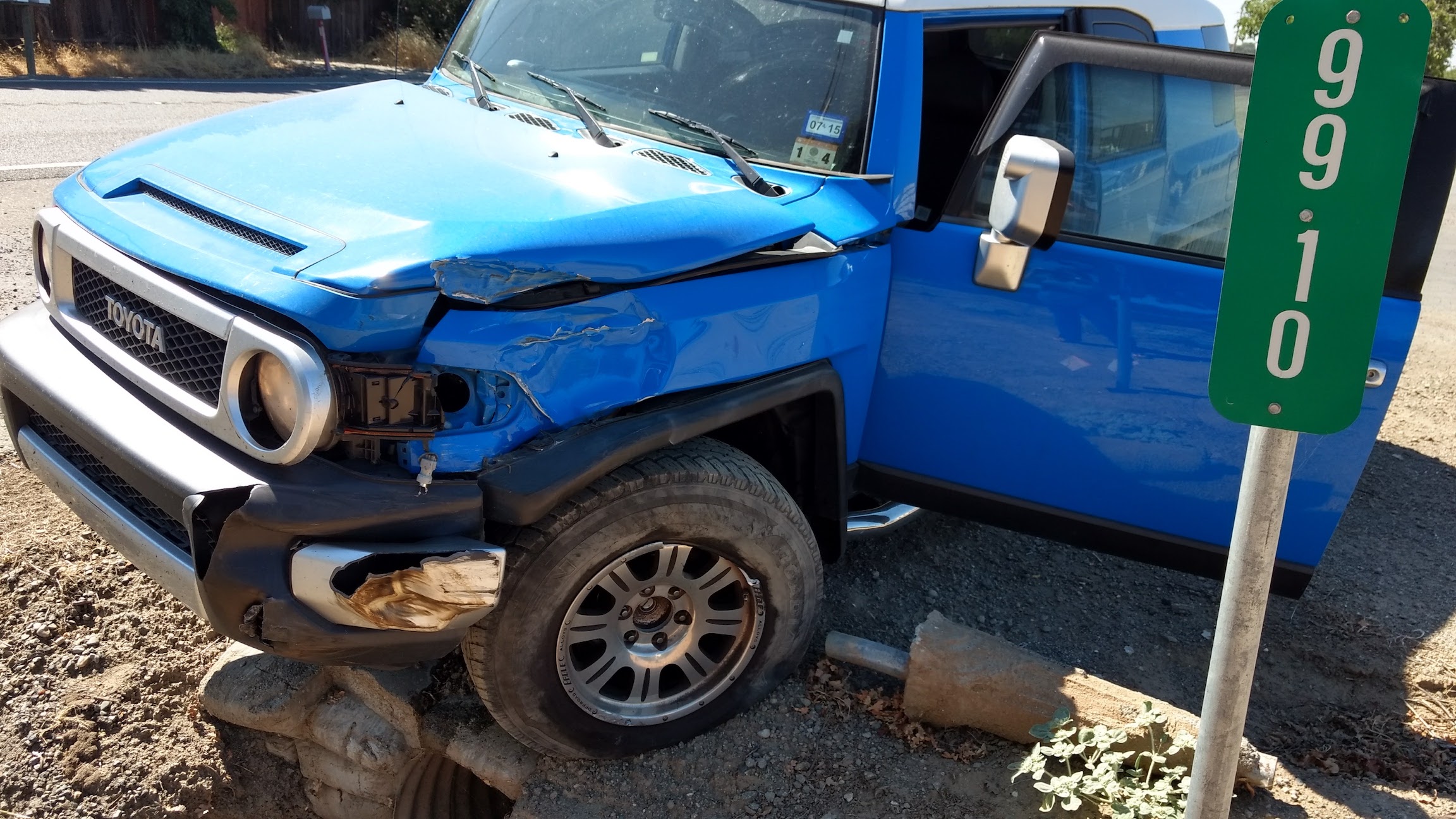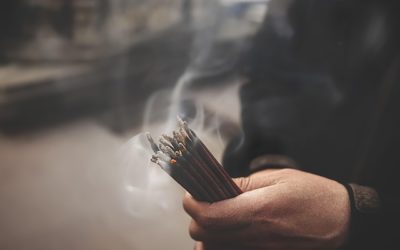It took several agonizing months of listening to cellmate’s stories before I realized that my innocence didn’t matter. At fifty-one, I’d had a pretty full life. So, what really matters?
This 17-year-old African American boy, arrested in front of school merely because he stood next to somebody suspected of a robbery, was in real trouble. By all accounts, he won’t have a future. A felony will abruptly cut short his high school career, and possibly his life.
The police report he shows me rules him out as a suspect. The accomplice he’s alleged to be wears dreadlocks and has a good four inches and thirty pounds on him. Neither the police nor the prosecutor thinks this matters. He will likely plea out because he doesn’t have the resources to fight them. He’s just another defendant, a black one at that, to his court-appointed attorney. To the prosecutor: another notch in her lipstick case. The public doesn’t know and likely wouldn’t care if they knew his story. “He shouldn’t have been smoking in front of the school,” they’d probably say.
I spend hours on the phone at $1.40 per minute, convincing my sister to “sell it all.” She does, but can’t bear to sell my truck.
“I want you to have it when you get out of prison,” she says.
“It really doesn’t matter,” I say. “It’s just stuff.”
Nine months later, at the Holliday transfer unit, I’m in line for commissary when I see the boy from county. He signed for a year probation, violated, and was sentenced to five years in the penitentiary. I tell him I’m sorry.
“It doesn’t matter,” he says. I try not to cry.
My sister and I talk on the phone a lot. The rate is much cheaper than it was in county. It’s only twenty-one cents per minute. We decide to start an organization to help people like the young man I couldn’t help. We call it Adopt an Inmate. Dot Org. I talk on the phone and my sister does all the work.
“It doesn’t matter,” she says. “I think I’ve found my calling.”
Two and-a-half more years pass. I am on the phone with my sister.
“I have bad news,” she says. She draws out the story, hoping to soften the blow. This only increases the suspense. Turns out my truck is probably totaled. Her voice breaks. The accident is fresh.
“What about you?” I ask. “Are you hurt?”
“Well … I don’t know how but I seem to have hurt my pinky.”
A split-second later and she would be a no-answer.
I don’t care about the truck she cries for. She’s disappointed because she wanted to preserve just one piece of the life I had before. But it really doesn’t matter. God preserved what really matters. I and hundreds of adopted inmates around the country know what really matters.
 Footnote: I vividly remember talking to my brother on the phone while sorting through his belongings, asking him what to sell and what to keep. Craigslist shoppers were traipsing through his house, looking for bargains. Most everything he had was sold or given away in our desperate rush to clear out his house in a few days – once we finally accepted that he was not going to be released anytime soon. We couldn’t afford to keep paying rent on his place in Texas. Then about a year later, the same with my belongings, when I decided to move from California to my mother’s house in Oregon, to be with family until the trial. It was easy to get rid of most of my stuff – except for a few loved items. I can still hear my brother’s voice, “You know what? You don’t need it.” Of course he was right. Sold!
Footnote: I vividly remember talking to my brother on the phone while sorting through his belongings, asking him what to sell and what to keep. Craigslist shoppers were traipsing through his house, looking for bargains. Most everything he had was sold or given away in our desperate rush to clear out his house in a few days – once we finally accepted that he was not going to be released anytime soon. We couldn’t afford to keep paying rent on his place in Texas. Then about a year later, the same with my belongings, when I decided to move from California to my mother’s house in Oregon, to be with family until the trial. It was easy to get rid of most of my stuff – except for a few loved items. I can still hear my brother’s voice, “You know what? You don’t need it.” Of course he was right. Sold!
His truck was totaled. We had just paid it off the month before, four years into the nightmare. My mom and I felt like warriors. For a week or so.
The good news is that my brother was just approved for parole. Also, my pinky is healing. Now we just have to figure out what he’s going to drive.






0 Comments